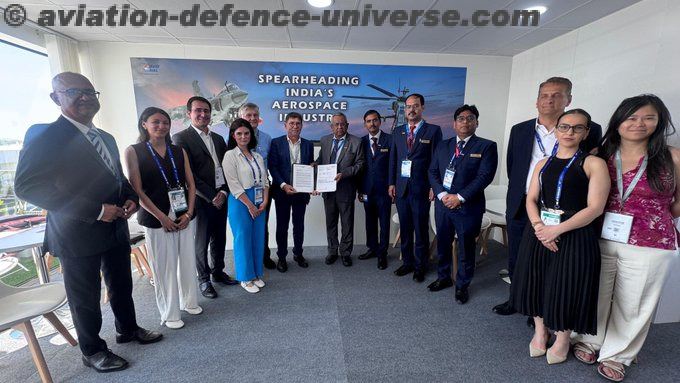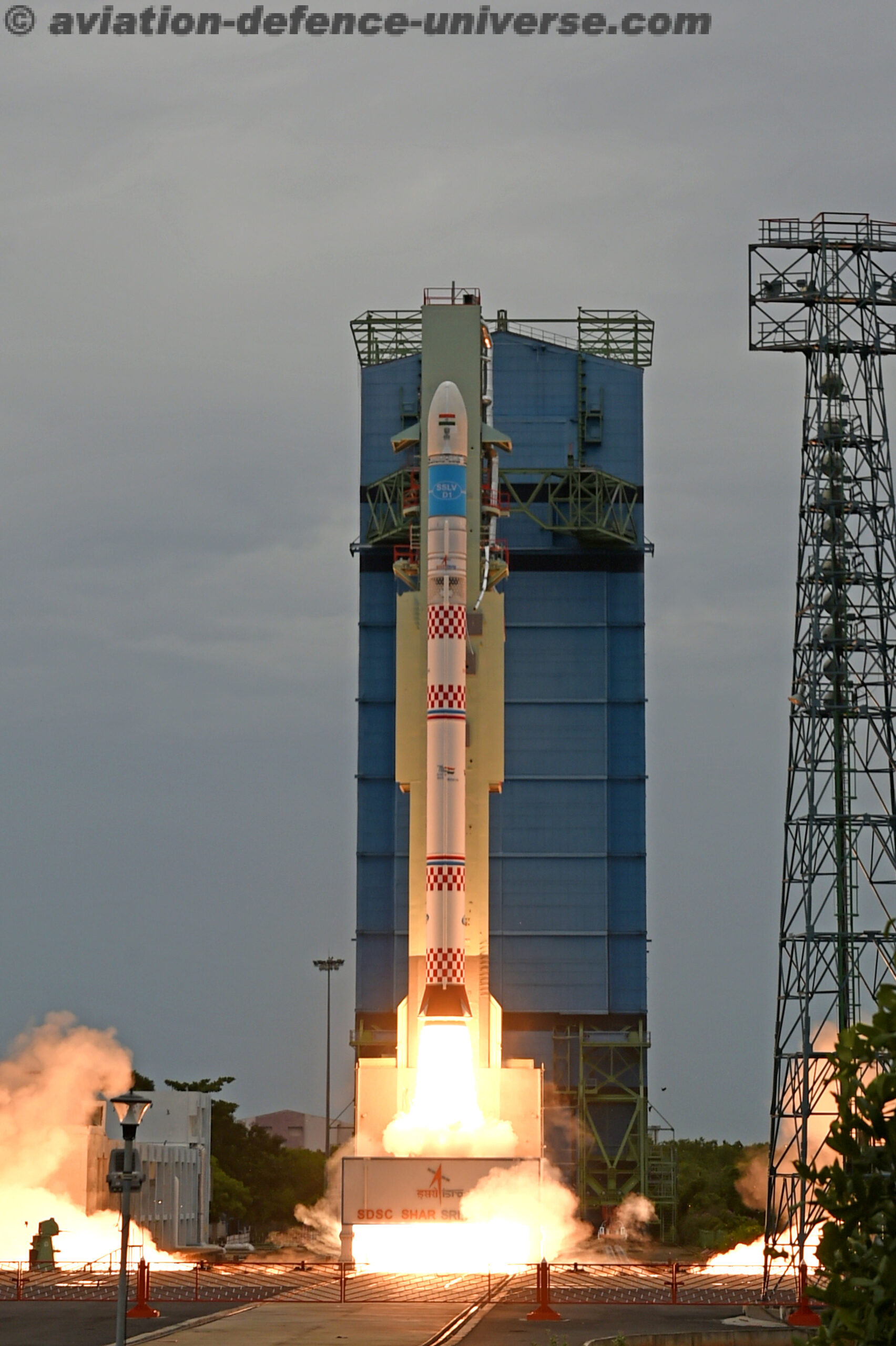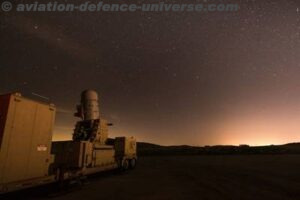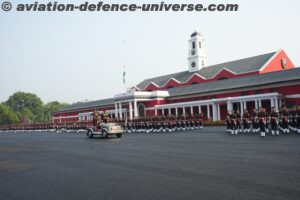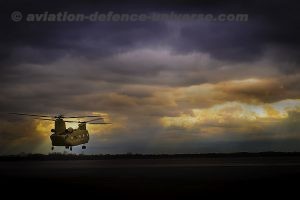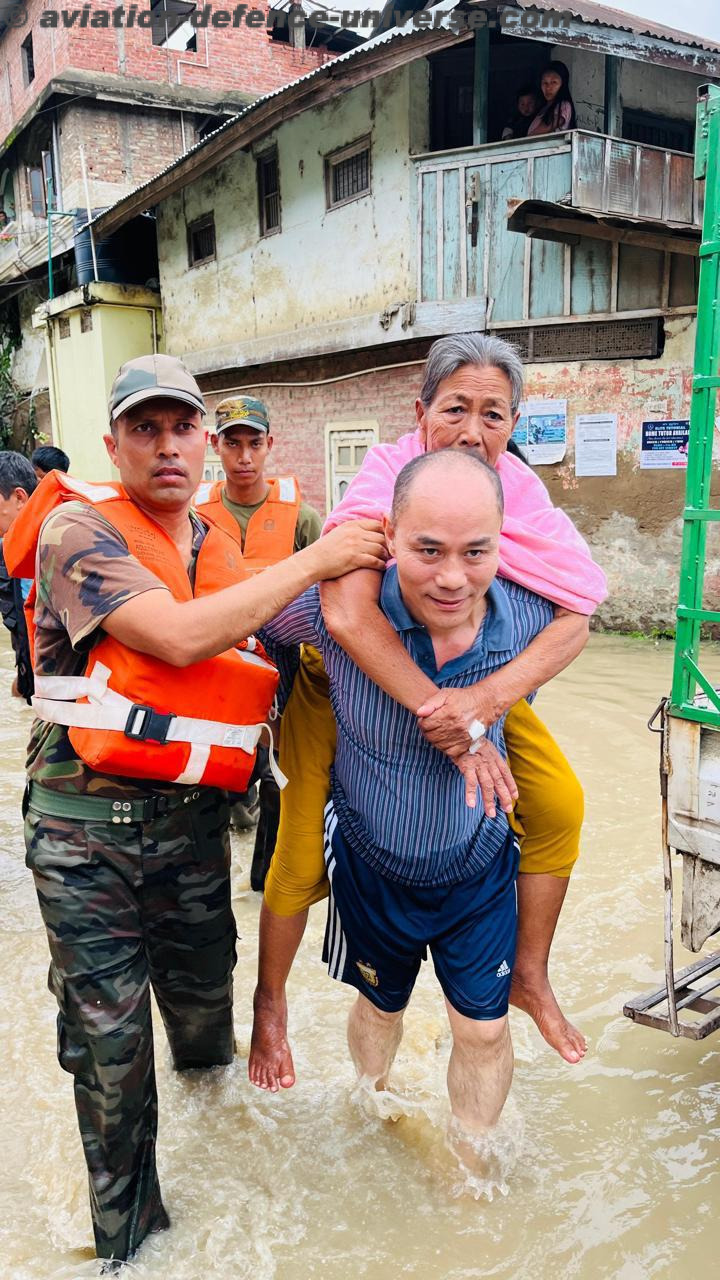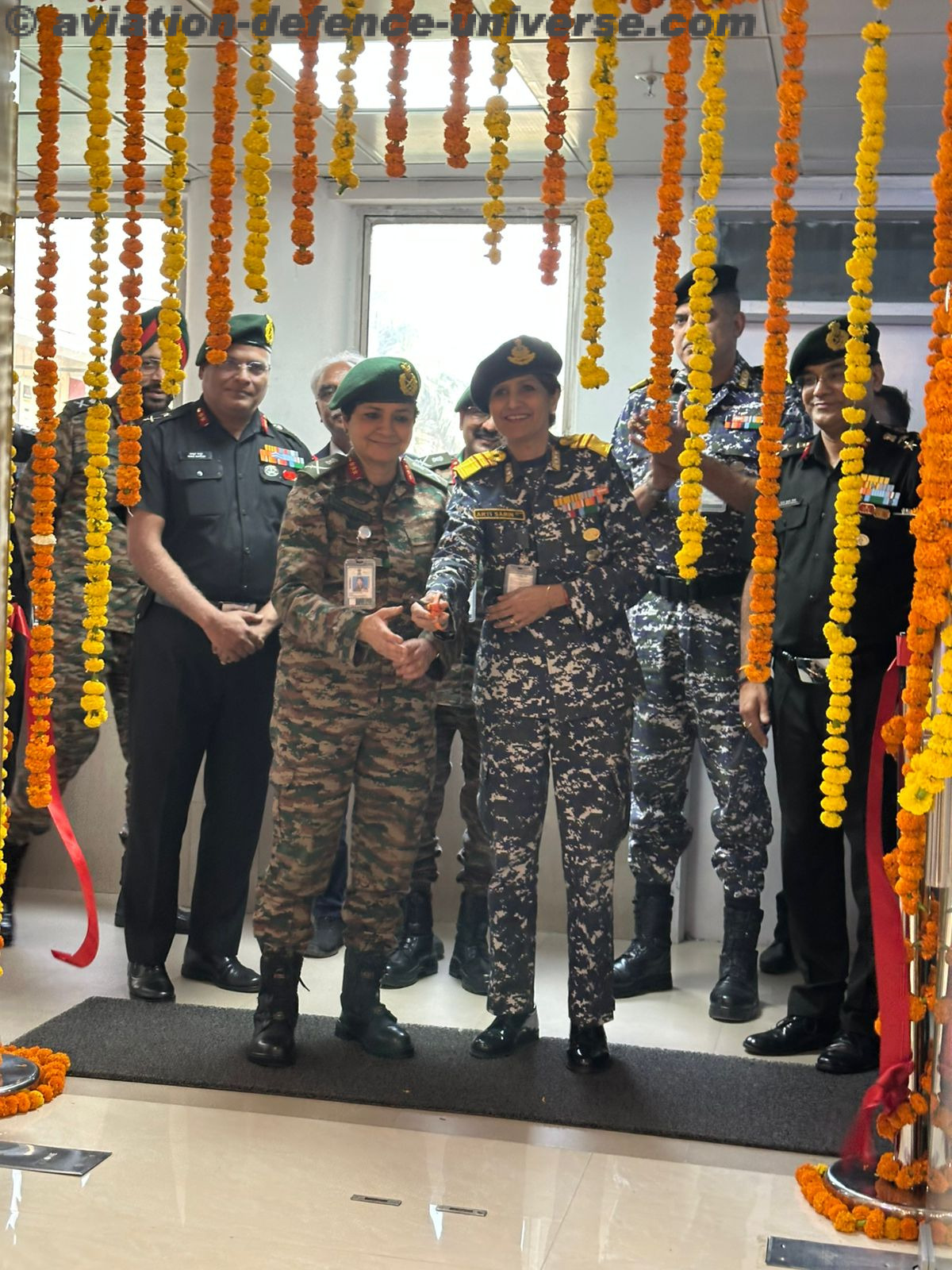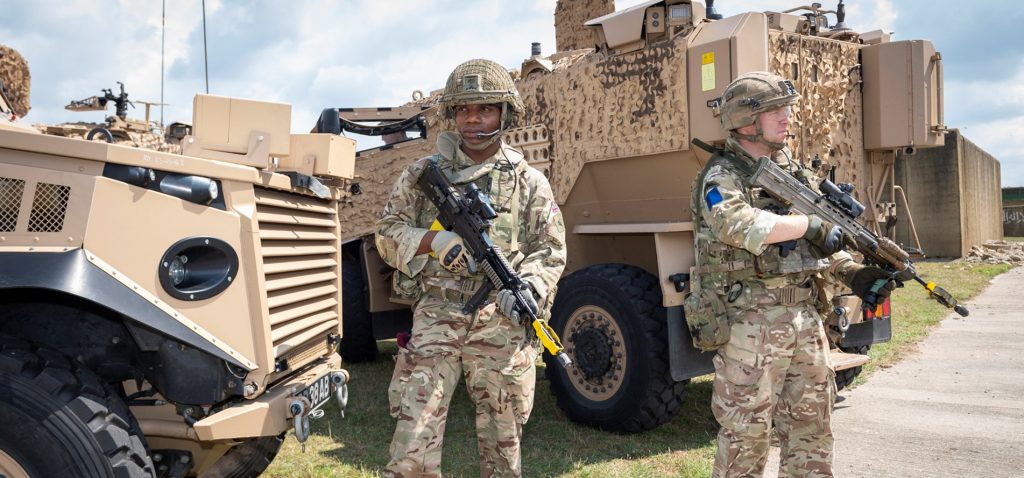
London. 26 August 2019. Colchester-based 2nd Battalion The Parachute Regiment (2 PARA) is deploying to the Afghan capital Kabul from late September as part of the UK’s enduring support to the Afghan Government. Their mission is to protect NATO military and civilian advisors working in government ministries, as well as UK mentors based at the Afghan National Army Officers’ Academy.Paratroopers in Norfolk preparing for deployment to Afghanistan.
The paratroopers are light infantrymen, used to operating on foot, and learning about working from the Foxhound patrol vehicles and civilian armoured vehicles – known as CAVs – used to move around the busy streets of Kabul is key preparation for the mission.
Exercise Kabul Convoy has seen the paratroopers training in Foxhounds on the STANTA ranges in Norfolk recently practising for scenarios which they could face in Kabul, such as convoy movements and recovering a broken-down vehicle.
“The training has been very thorough to prepare for any eventuality we might face and we’re ready to go.”CAPT TOM SHAW, 2 PARA TRAINING OFFICER
2 PARA’s training officer Captain Tom Shaw, said: “Our role in Kabul will be to provide force protection to the NATO advisers helping the development of the Afghan Army and Government. We will be protecting the mentors – who are diplomats, senior military officers and civil servants – when they go out to support training or attend meetings.
“We have been working with the Foxhound and CAVs for several months and our paratroopers have shown the flexibility to adapt to a different way of operating quite easily.”
Some 350 paratroopers will start to deploy to Kabul at the end of September for the six-month tour.
Private Tim O’Connor, 29 from Holloway, north London, said: “I’ve trained as a Foxhound driver for the tour and developing that new skill has been an interesting challenge. As paratroopers we’re used to operating with our boots on the ground and carrying everything we need on our backs; adapting to moving and working from vehicles has been very different. Being a paratrooper is about being self-reliant, but we’ve had to learn to put our trust in vehicles!
“I’m both nervous and excited about going to Afghanistan, but mostly I’m keen to get out there to do the job that we’ve all been training so hard for.”
2 PARA served in Kabul in 2002, helping to secure the city following the overthrow of the Taliban, and then deployed on two tours of Helmand Province before the end of NATO combat operations in late 2014. Their focus for this deployment is enabling the training of Afghan forces so they can secure their own country.














